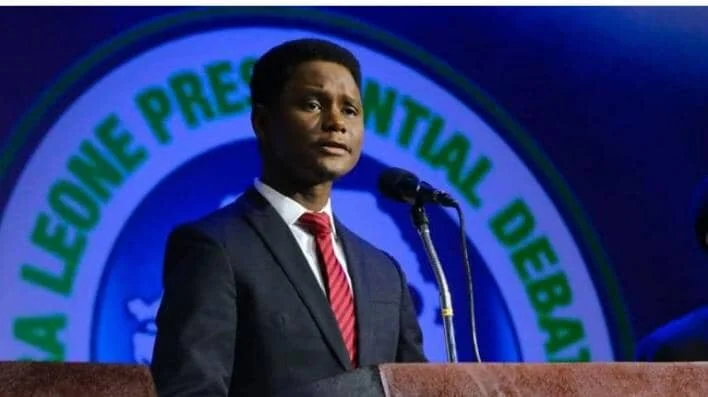Integrity Is Earned, Not Bought, Says One Young Leader In Sierra Leone
Born the son of Sierra Leone’s chief justice, Osman Abdal Timbo could have easily led a life of privilege.
“As much as he moved up in society, my father wanted me to learn the hard way,” Osman says. “I would come home from school and my mother would review everything I did that day. I’d clean the house and go to the market; I was disciplined harshly.”
Osman, a lawyer, a 2015 Mandela Washington Fellow, and a former member of Parliament in Freetown, found his footing in his early years working in the city’s justice system.
“I visited prisons and police cells and counseled inmates,” Osman says. “During those conversations, I realized that plenty of people are victims of the environment they find themselves in.
“I thought to myself: My conscience will never be clear if I have all this wealth around me and my neighbor can’t afford his daily bread.”
Osman’s work advocating on behalf of the underserved in Sierra Leone involved providing legal advice to more than 5,000 people in the state, acting, as he put it, “as an ambassador for youth.”
During his term in Parliament, Osman observed a clear mismanagement of funds.
“I saw bribes and corruption and knew that I had to make the change I wanted to see.
“Corruption is taking bribes but it’s also being a person who talks behind someone’s back; you are destroying a home,” he says.”
To counter this, Osman advises young leaders to consider the common good when making a decision and to take responsibility for their actions.
“I used to think I could make a change on my own, but if you can identify like minds and come together as a team, you can make a big impact,” he says.
In moments of doubt, Osman returns to the memory of his father.
“He had a lot of regrets, things he would have done differently,” Osman says. “But he was a man of integrity. He was selfless and introspective. He reflected on his actions and learned from his mistakes.”
In his own life, Osman is after a similarly contemplative ideal.
“For me, a perfect world is one where resources are shared evenly, where you appreciate someone for what he brings to the table, not for his tribe, his language, or where he comes from.
“We [the youth] are the majority and the future is ours,” Osman says. “It’s our responsibility to fight wrongdoing.”
The views and opinions expressed here belong to the author or interviewee and do not necessarily reflect those of The Youth Cafe


